Music
Stream Bokani Dyer’s ‘Radio Sechaba’
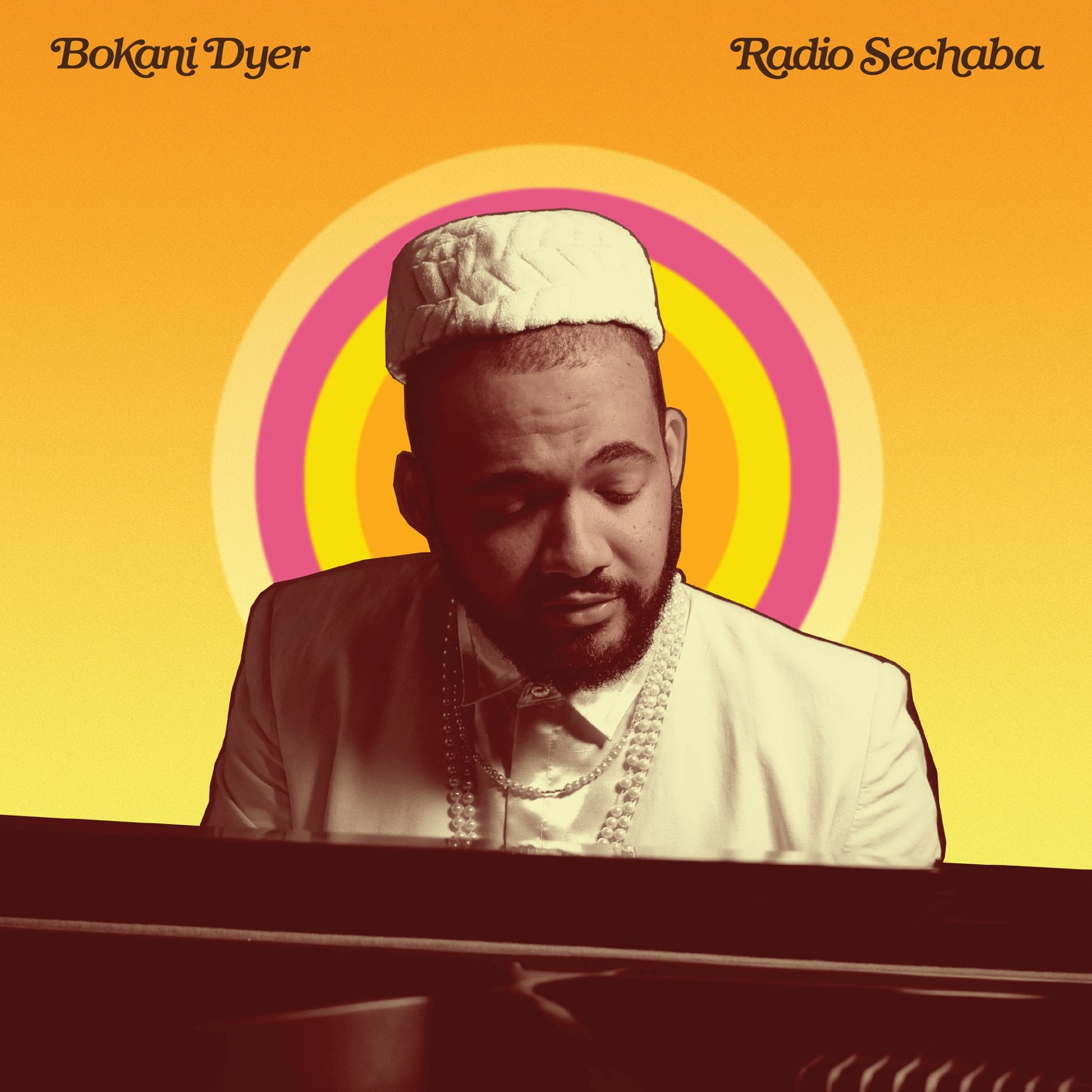
Bokani Dyer, born on January 21, 1986, is a pianist, composer, and music producer of Motswana-South African descent. Known for his innovative jazz compositions, Dyer blends various genres such as electronic, R&B, salsa, and classical music.
Dyer’s journey began in Gaborone, Botswana, where he was born. However, at the age of four, he relocated to South Africa with his family in 1990. It was during his teenage years, at the age of 14, that he started taking piano lessons. His passion for music continued to grow, leading him to pursue a formal education in jazz.
He enrolled at the University of Cape Town, specializing in jazz studies. In 2008, Dyer successfully completed his studies and earned his degree. Recognizing his talent and dedication, he was granted two international scholarships after graduating. These scholarships provided him with the opportunity to receive training and attend masterclasses conducted by renowned musicians from around the world.
Bokani Dyer’s commitment to his craft, coupled with his diverse musical influences, has shaped his unique style and approach to jazz. Through his compositions, he artfully combines traditional jazz elements with modern sounds, resulting in a captivating blend of genres. His contributions to the music industry have earned him recognition and acclaim both locally and internationally.
Composer, singer and pianist Bokani Dyer’s sixth album Radio Sechaba possesses South African and American jazz sensibilities, while attaching to its core sound traditional and contemporary undertones. With shades of choral, Afrobeat, folk and hip-hop further adding eclectic textures, the unification of musical styles mimics the thematic ethos of the album. “At the core of it I’m thinking about nation building,” Dyer tells Apple Music. “We live in this society where people are so separated because of superficial engagement. Bridging that gap requires more openness.”
An exploratory impulse underscores the vibrant harmonies, soaring trumpets, wailing horns and rhythmic bass that ensue, linking the personal, familial and communal while giving expression to the notion of nation building in a musical context. “The album incorporates quite a lot of influences and goes to different places,” Dyer says. “So even in the making of the music I was trying to embody these ideas of freedom and openness.” Below, he expands on the motifs occurring across these compositions.
Radio freedom
“I’ve been thinking for a while now about where we are in South Africa in terms of the progress we’ve made into democracy. When I look at how people connect with each other, I think there’s still a lot that can be done. A lot of things that are very personal, I feel, also impact the nation-building idea. The way I think about Radio Sechaba is as prescribed listening. When you switch on the radio, you don’t really know what you’re going to experience, and you’re not really sure what kind of journey it’s going to take you on! I thought it would be interesting to say, ‘The agenda for this radio station is building and empowering.’ You know, it’s interesting because I didn’t know much about Radio Freedom and just came across it. It was an anti-apartheid, underground radio station tying into these same ideas. The other ideas I’m expressing on the album are things I think translate globally—themes like the ills of social media, being true to yourself and personal liberation.”
Personal liberation
“These songs capture moments in time where I feel certain things very strongly and want to put them down as significant experiences or ideas. This is stuff I’ve gone through, seen and think about—from a reminder to myself that you can actually miss a lot of stuff if you’re not present in the moment [‘Be Where You Are’] to the journey towards being comfortable in your own skin. ‘Resonance of Truth’ is about being true to yourself and doing things that mean something to you. It’s a song about personal freedom…about people tuning in to themselves to find what resonates with them as individuals. It’s a personal thing but also about a spirit of community; being at home within yourself and also wherever you are.”
State of the nation
“We see a lot of people who—when they’re given power—end up enriching themselves. There’s so much poverty around us and there are so many people who aren’t holding up their end of the bargain. So ‘Mogaetsho’ is a song about this betrayal. The reason I say mogaetsho [a Setswana word that most closely translates as ‘my fellow man’] is because there’s been a Black government for 30 years, so it’s people who have a connection to [the] struggle. It makes it more necessary to ask, ‘What’s going on?’ and ‘Why?’—these are the kind of questions that I’m asking. In my eyes, I feel like there’s personal work that needs to be done. People need to look within, get to know and confront themselves because a nation is made up of individuals. I think that kind of introspection is important—and then looking outside you, thinking and caring about other people. Even though we aren’t related, we’re family and should treat each other accordingly. That’s what makes a stronger nation.”
Spirit people
“‘Spirit People’ just kind of came to me and is about history, ancestry and people who lead with spirit. I was thinking about the sound of South African jazz and the influence of someone like Jonas Gwangwa. ‘Medu’ is a lament and a tribute; it means ‘roots’ in Sepedi and was also the name of the anti-apartheid art collective formed in Botswana around the time I was born. My father (who also plays on the track) was part of that grouping, so it speaks to my connection to him, my history and where I come from.”
Musical structure and collaborations
“I think I was looking at all my musical influences and not really thinking about trying to keep it a certain thing. I was trying to give myself the freedom to try out different sounds while also thinking about the live experience of the album. That was in the back of my mind, thinking, ‘OK I have these songs, how do I translate them best?’ The album was recorded in different batches; the first was the acoustic stuff, then later was the live band set-up, which I kind of discovered as I was recording. It was interesting because I was learning about the sound then got to ‘Resonance of Truth’ and was like, ‘This sounds like what I want it to be like.’ Most of the tracks have the same kind of band set-up—two trumpets, guitar, Rhodes, bass, drums and vocals.
“I wanted to open it up to different voices and I don’t think too hard if I think somebody’s got something interesting to offer. Sereetsi, I’ve been aware of for a while now. I met him the last time I was in Botswana and he co-wrote quite a few of the songs. I have Damani Nkosi on here; he was visiting South Africa and has great ideas about things. I’ve been a big fan of Yonela [Mnana] for a long time but with Amaeshi [Ikechi] that wasn’t really planned. He was playing bass on ‘Spirit People’ and not really as a feature, but it called something within him and he just took the stage. It’s beautiful when you have moments like that!”
Music
Danielle Swagger Pushes the Limit with Bold New Single “NTL (Nothin To Lose)”
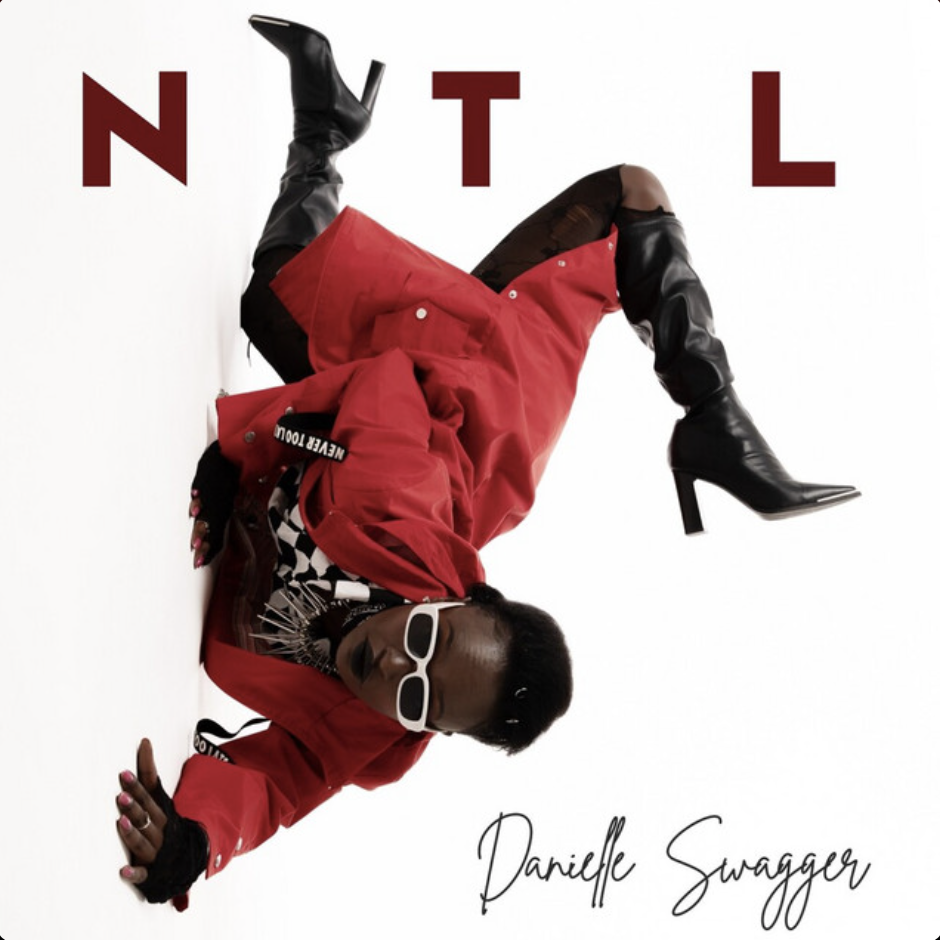
With her latest release, “NTL (Nothin To Lose),” Botswana’s own Danielle Swagger returns with intent—fierce, focused, and ready to claim her space. Dropped on May 9, 2025, the track brings together trap, melodic rap, and hip hop in a polished three-and-a-half-minute statement of unapologetic ambition and inner strength.
From the jump, NTL wastes no time setting its tone. Produced by Nasty Kanier, the beat moves with weight—moody synths and knocking drums forming a backdrop for Danielle’s crisp flow and sharp lyricism. But beneath the slick delivery is a message of resilience, a story of moving forward even when everything’s stacked against you.
There’s a spiritual undertone to the track—a kind of fearless faith that fuels each bar. Danielle Swagger doesn’t just rap to flex—she raps to reaffirm purpose, to inspire, and to remind the listener that survival is its own kind of power. It’s motivational without being preachy, raw without losing polish.
The hook is catchy, almost chant-like, sticking with you long after the beat fades out. It’s easy to imagine NTL playing in the background of gym sessions, pre-show rituals, or early morning commutes—the kind of track that gets you out of your head and into motion.
With this drop, Danielle Swagger continues to evolve—not just as an artist, but as a voice for a new wave of Botswana hip hop. Her style is clean, commercially viable, but grounded in authenticity. “NTL” isn’t chasing hype—it’s building momentum.
Listen to “NTL”:
Follow Danielle Swagger:
- Instagram: @danielle_swagger_music
- Twitter: @DanielleSwagge3
- Facebook: Danielle Swagger
- TikTok: @danielleswagger
- YouTube: Danielle Swagger Music
For playlist features, interviews, or further press, contact africandreamlodge@gmail.com.
Danielle Swagger isn’t just making music—she’s building a message. One that says: with purpose, pressure, and persistence, there’s nothing to lose.
Music
KX Legit Lifts Off with “No Ceiling”
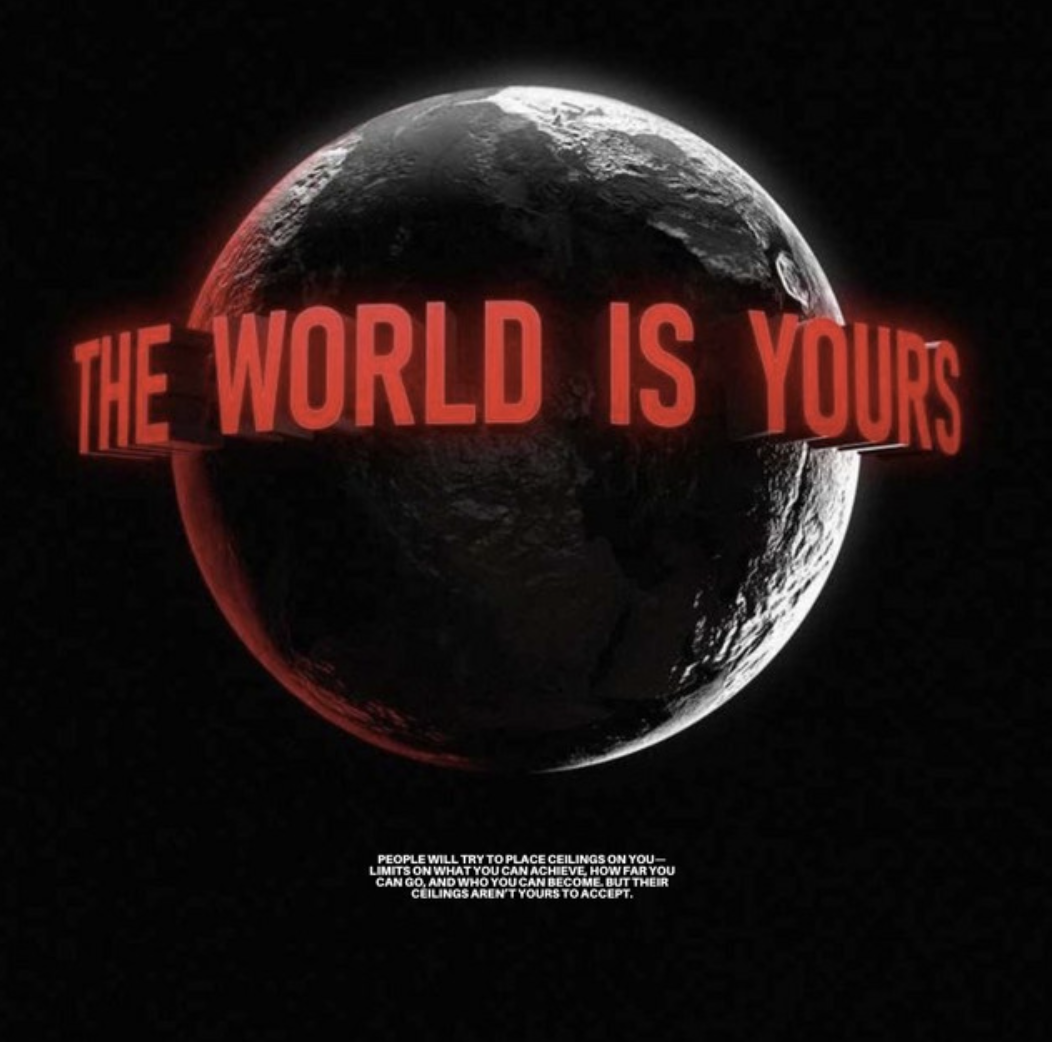
With his new single “No Ceiling,” KX Legit delivers a sharp, confident record that speaks to self-belief, growth, and going beyond limits—both real and imagined.
Built on crisp, atmospheric production, the track finds KX in full command, rapping with measured focus and lyrical control. There’s no rush here—just clarity. Every bar feels considered, every line deliberate.
The message is simple: no ceilings, no boxes, no doubt. It’s not just a flex—it’s a mindset.
Coming off the reflective tone of “Gopola Gae,” this release marks a shift. It’s KX Legit taking up more space, embracing where he’s going without forgetting where he’s been. Clean, grounded, and ambitious, “No Ceiling” is the sound of an artist charting his own course—with no roof in sight.
Out now on all platforms.
KX Legit Lifts Off with “No Ceiling”
Music
Rashid Drops “What It This” Featuring Scar & Pongo
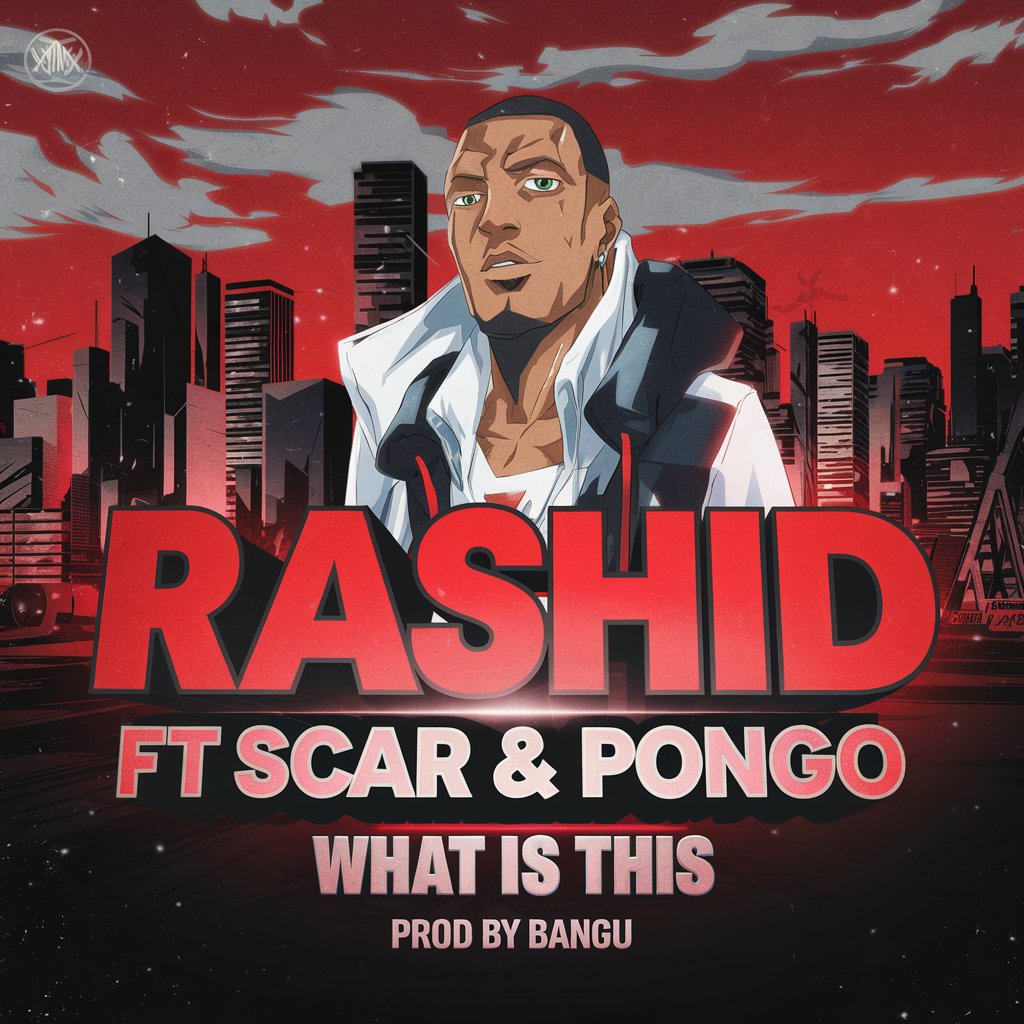
Hip-hop heads, get ready! Rashid is back with a brand-new track, “What It This,” a hard-hitting anthem tailor-made for lovers of old-school rap. Featuring the legendary Scar and the dynamic Pongo, with production by the skilled Bangu, this track delivers pure hip-hop energy with gritty beats, sharp lyricism, and undeniable authenticity.
Over Bangu’s signature boom-bap production, Rashid, Scar, and Pongo trade verses with effortless chemistry, dropping bars that pay homage to the golden era of hip-hop. “What It This” blends nostalgic vibes with a fresh sound, proving that real hip-hop is alive and thriving.
This track isn’t just music—it’s a statement. If you’re a fan of raw storytelling, hard-hitting beats, and lyricism that cuts deep, this is one release you can’t afford to miss.
🔊 Stream it now and feel the essence of real hip-hop! 🚀🎶
-
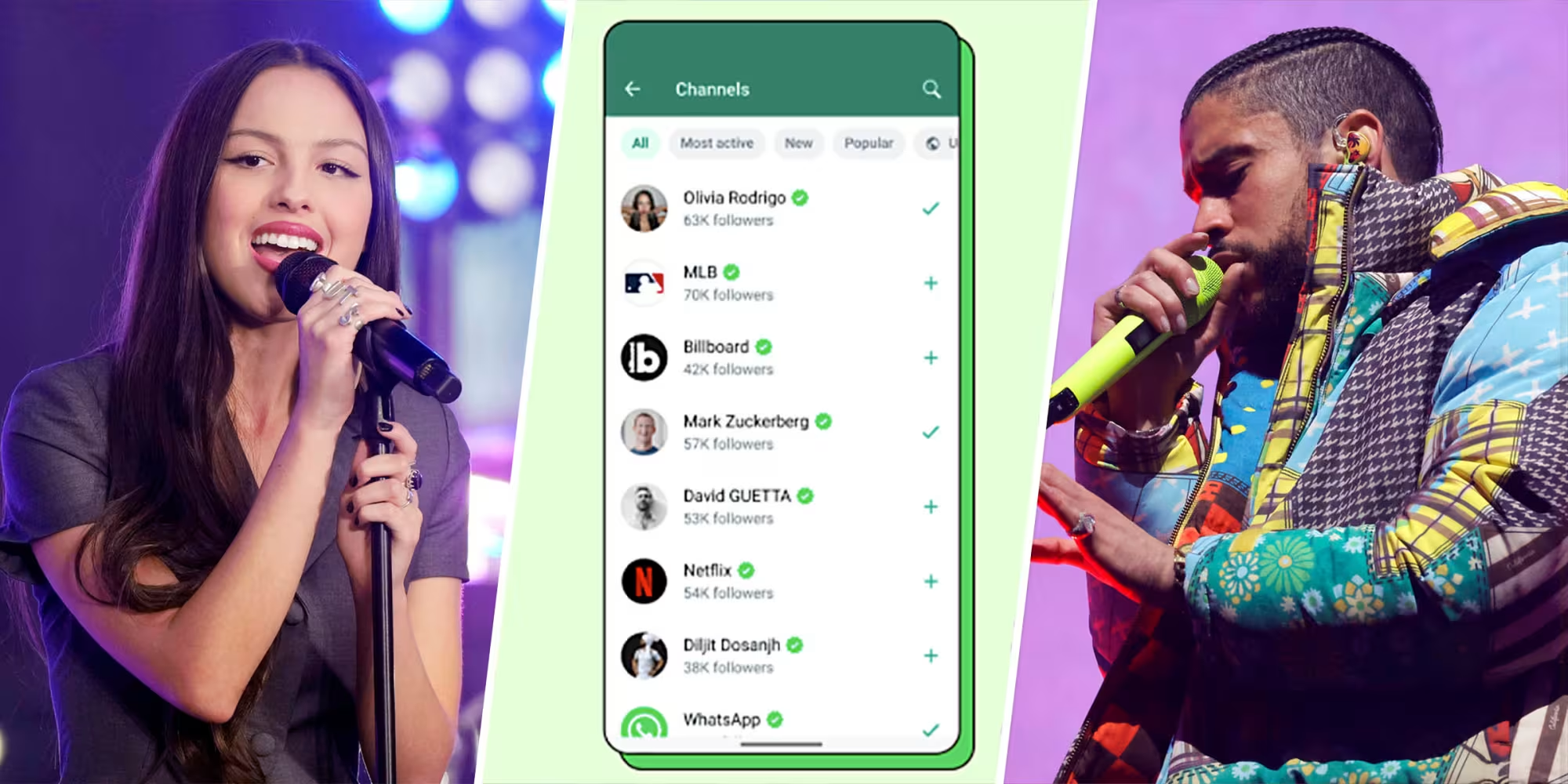
 News3 months ago
News3 months agoWhatsApp Introduces Music Sharing in Status Updates
-
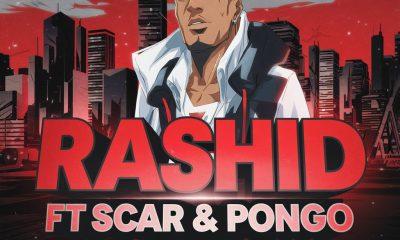
 Music3 months ago
Music3 months agoRashid Drops “What It This” Featuring Scar & Pongo
-
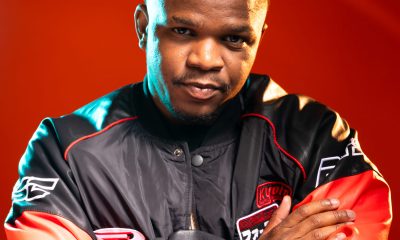
 Creatives3 months ago
Creatives3 months agoHarryCane BW: Botswana’s Rising Amapiano Star
-

 Video3 months ago
Video3 months agoKX Legit – Gopola Gae (feat. And Spaces, Veezo View & Bouncy) [Official Music Video]
-
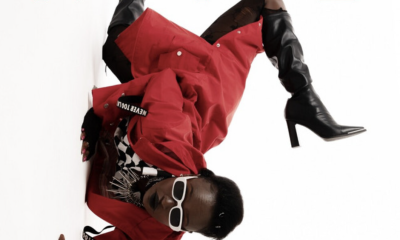
 Music2 months ago
Music2 months agoDanielle Swagger Pushes the Limit with Bold New Single “NTL (Nothin To Lose)”
-
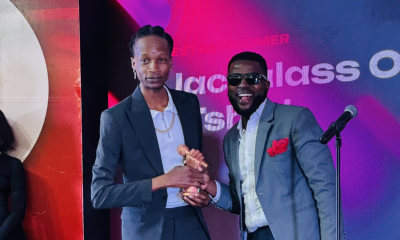
 News2 months ago
News2 months agoThe YAMAs Nine: Spotlighting Botswana’s Artists, Stories, and Sound
-
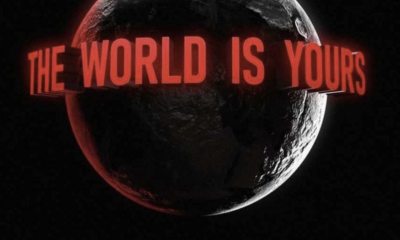
 Music2 months ago
Music2 months agoKX Legit Lifts Off with “No Ceiling”




